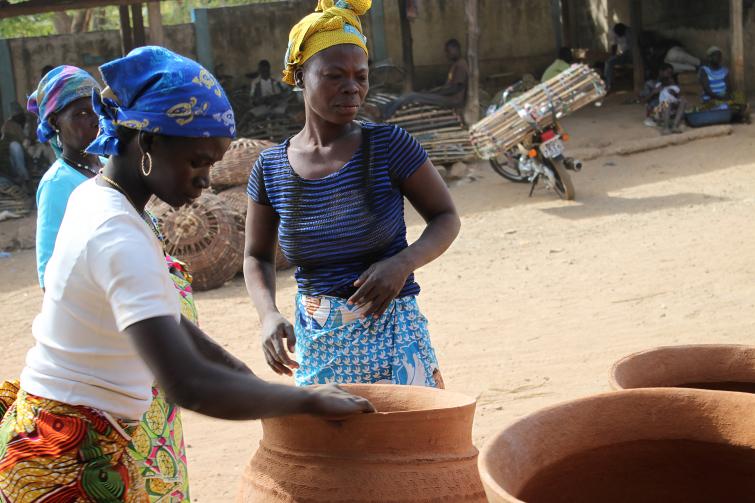
 Press
Press
New research suggests earlier emergence of malaria in Africa
Malaria, which claims hundreds of thousands of lives each year – mainly children and especially in Africa –, is one of the leading causes of death by an infectious agent, the Plasmodium falciparum parasite. In research on malaria, the genetic mutation βS that causes sickle cell anemia (also known as drepanocytosis), a chronic disease that is often fatal in children under five, caught the attention of the scientific community very early on because it also provides protection against malaria. After carrying out extensive research into this mutation by performing full sequencing of the HBB gene together with a large-scale genomic study on 479 individuals from all over Sub-Saharan Africa, scientists from the Institut Pasteur and the CNRS were able to reveal the period in which malaria began to plague Africa. Their research suggests that malaria emerged in Africa at least 20,000 years ago – and not at the same time as the adoption of agriculture 4,000 to 5,000 years ago. The findings will be published in the American Journal of Human Genetics.